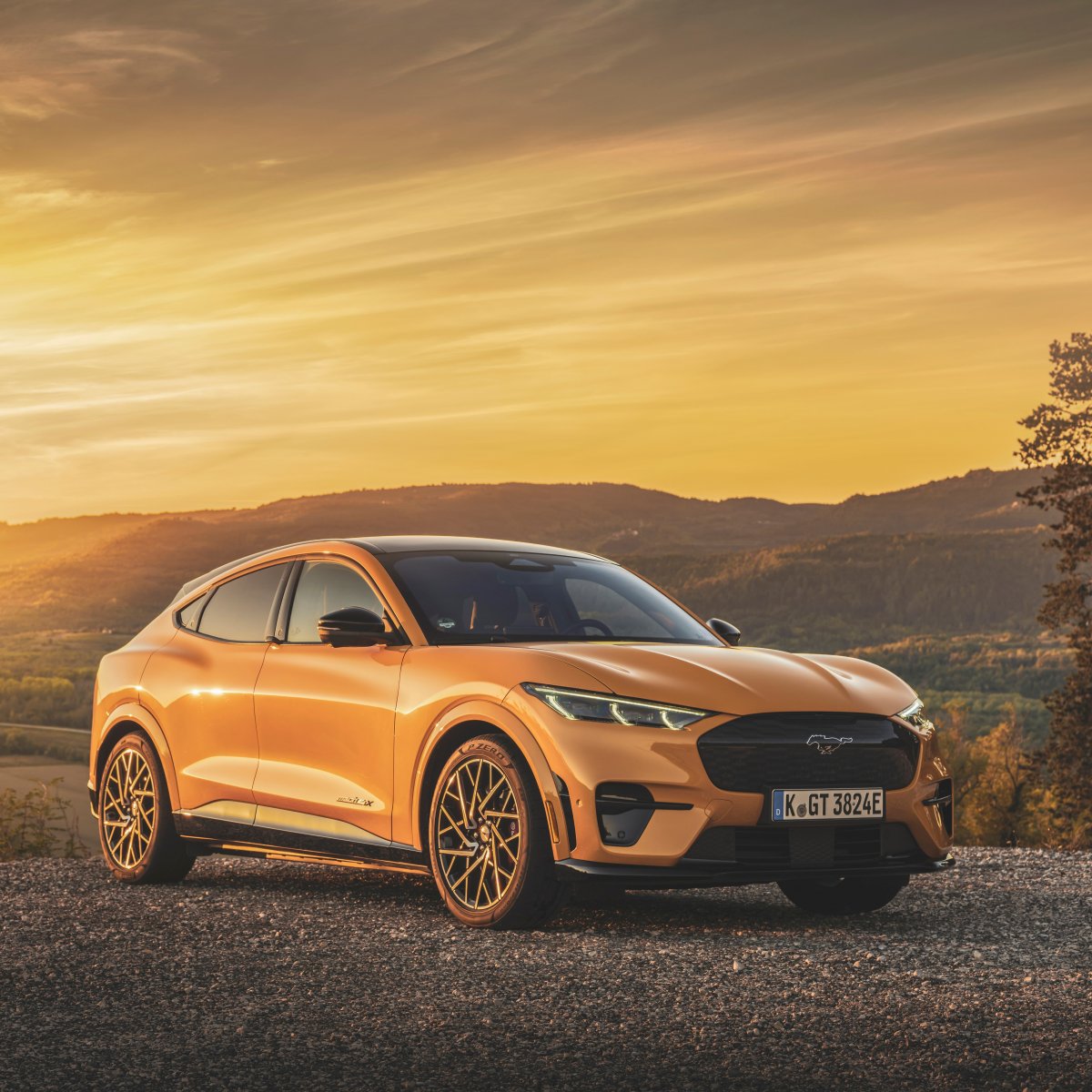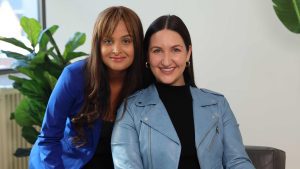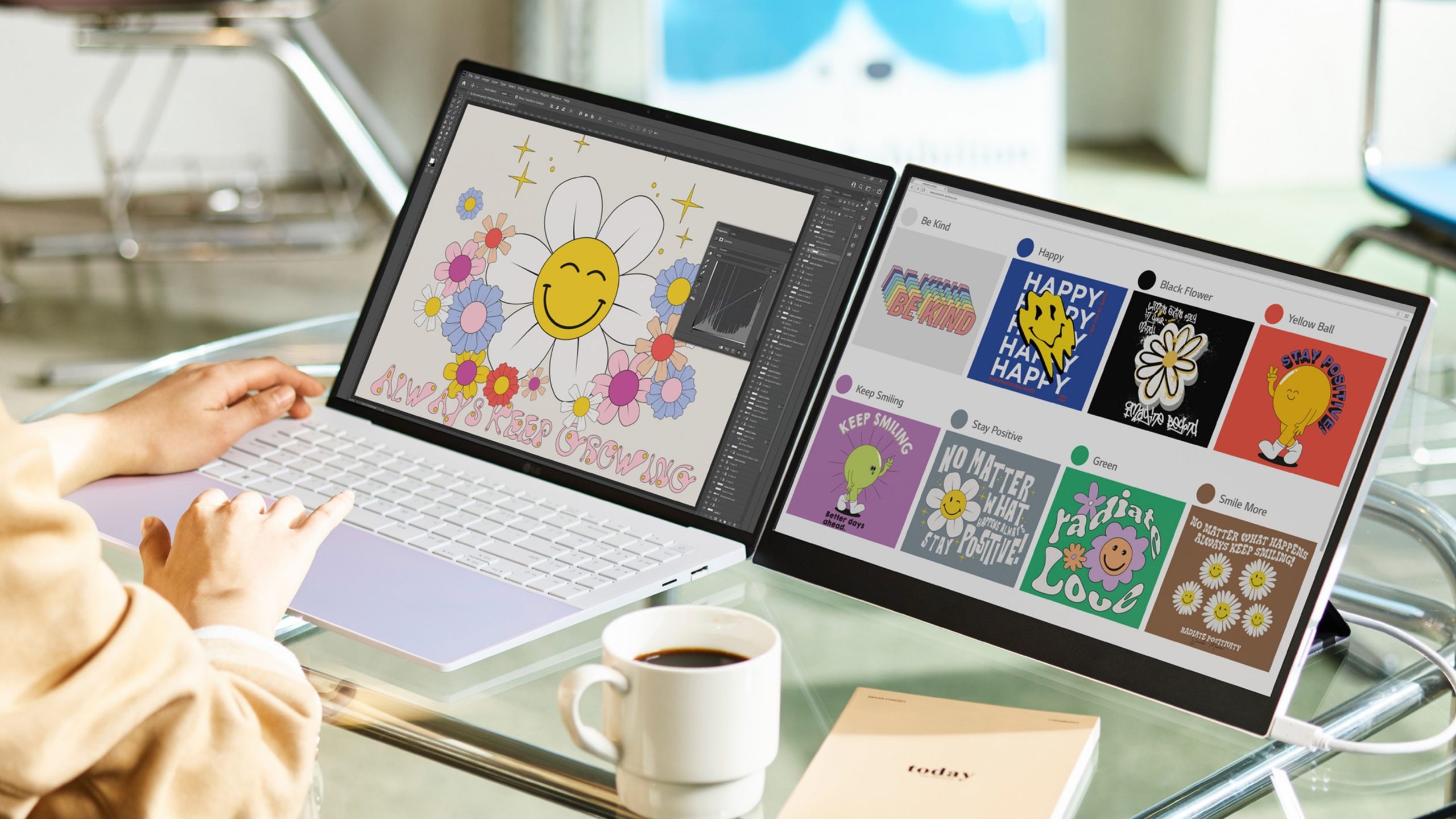[vc_row][vc_column][vc_column_text]For the inaugural instalment of The Auto Philes, we’re taking a closer look at Ford and its 10th annual trend report, which was released at the end of 2021. It includes almost 80 pages of insights presented by Sheryl Connelly, Ford’s “corporate futurist” for more than 15 years. While previous reports focused on short-term “micro-trends,” this one looks at “macro-trends” that will impact the next decade – and beyond. The results from Ford are based on more than 14,000 online interviews across 15 countries. We compiled some of the highlights, followed by a candid Q&A with Connelly about how businesses can adapt to the new not-so-normal (and what cars she drives, of course).
The Future of Our Planet
Climate change is on everyone’s mind, with 81% of people saying they are worried for their children’s future; 40% of women in Canada don’t want kids due to uncertainty about the world. With concern about the environmental impacts of farming, 41% of Gen Z and Millennials say that eating meat is environmentally irresponsible. Up to 70% of respondents believe that we’ll tap into resources from other planets to sustain life on earth.
The Future of Mobility
Electric vehicles, autonomous driving, drones, and even space travel are becoming a larger part of transportation; nearly half of respondents believe recreational space travel will become much more common, and 31% of Gen Z and Millennials believe today’s kids won’t need driver’s licenses. Only 50% of men and 41% of women, however, believe they’ll feel safer in a self-driving vehicle by 2035. Vehicle ownership appears to be in decline, with one in four Gen Zers saying they would choose a vehicle subscription service instead if it was a comparable cost.
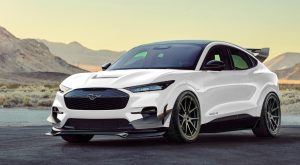

The Future of Productivity
With artificial intelligence, machines are becoming an even bigger part of manufacturing, but 36% of adults admit that they’re scared by AI. Too bad for them, because by 2026, the AI robot market is expected to grow by more than 400%, to reach $35.3 billion worldwide. In South Korea, which is the top country to implement industrial robots, there are 800 units per 10,000 employees; the global average is 113.
The Future of Information & Knowledge
The possibilities of computer chip brain implants, technology-enabled telepathic communication, and “digital immortality” are changing the way we view the human experience. Almost half of those surveyed would be willing to capture their entire lives digitally, to share with loved ones and future generations. But, despite our technological advances, a surprisingly high 65% believe that by 2035, it will be more difficult to distinguish fact from fiction.
The Future of Identity & Belonging
Among Gen Z respondents, 55% believe that gender assignments will be gone within their lifetime. Racial equality is a subject of optimism, with 63% of Gen Zers and 59% of Millennials believing that ethnic issues will be resolved within their lifetime. The proportion of people comfortable expressing their opinions, however, decreases in youth: Of Gen Z respondents, 48% won’t say what they think to someone who disagrees, which drops to a low of 38% among Boomers. Overall, 64% of adults believe that “in the future, people will be less tolerant of opposing viewpoints than they are today.”
The Future of Family
Almost one-quarter of Gen Z and Millennials without kids aren’t planning to have them at all, but there are more “fur babies” than ever, and it’s making an impact on workplaces. A financial services company in New Zealand, FlexiGroup, provides up to five days off when an employee adopts a new dog or cat and paid bereavement leave for the loss of a pet. For those who do choose kids, platonic co-parenting is on the rise. When it comes to companionship, chatbots are a rapidly growing market, along with – of course – robots.
But what about cars?
Ford expects 40% of its global vehicle mix to be fully electric by 2030, and in late 2021, the automaker announced the largest green bond ($2.5 billion) in U.S. corporate history. Proceeds will fund further development of zero-emission transportation solutions, which will help to transform Ford into a carbon-neutral company “no later than 2050.” The automaker is well on its way, taking second place to Tesla last year for electric-vehicle sales in the U.S. – with the first year of the plug-in Mustang Mach-E selling more than 27,000 units. In 2021, Ford was in third place for U.S. vehicle sales overall (behind GM and Toyota, in the top spot), while in Canada, Ford took first place yet again.


RELATED: Exit Interview: Vito Paladino, President, Audi Canada
We asked Sheryl Connelly what the Ford report means for businesses:
In a time of constant change, how can businesses find a clear path forward?
This is an important question with no easy answers. Our research found that Canadians have real concerns regarding businesses’ ability to navigate constant change. Indeed, 58% do not believe businesses are prepared for what the future might bring. The data reveals an interesting gender component, as women tend to express greater concern than men, at 65% versus 51%.
COVID reveals some clues behind consumer sentiment, as it is a real-world test of resiliency for businesses. In the eyes of many Canadians, there was room for improvement on multiple fronts. When asked how societal and technological changes as a result of COVID impacted work-life balance, 27% said it made it worse; 43% said their connection to community was worse; and, 45% said retail experiences were worse.
Back to the question at hand, “How can businesses find a clear path forward?” Unfortunately, there is no clear path forward. Disruptions are inevitable. The first priority of businesses is to let go of the business-as-usual principles and the deeply held orthodoxy that make it difficult to usher in change. Instead of focusing on the areas that you control or influence, spend your energy preparing for the things that are outside of your control. It will not be easy. However, when companies recognize that no one can predict the future, it forces them to become more nimble and agile. More importantly, it opens the door to an endless spectrum of opportunities.
Change may be hard on businesses, but often it is even harder on consumers. In 2020, 69% of consumers worldwide told us they were overwhelmed by changes taking place in the world. The second order of business is to find a way to be the light in the storm for your customers. Serve them in a way that makes them feel safe and grounded. A great place to start might be focusing on the environment. When asked what worries them most about the future, climate change was at the top of the list for respondents worldwide, at 29%. However, Canadians felt even more strongly, with 38%. Perhaps this is why we see so many businesses buying electric vehicles.
What are the biggest trends that every business owner should watch, and why?
We live in an unprecedented time where information has never been more readily available. Yet our ability to determine what is accurate, credible or reliable has never been more daunting. This creates an environment ripe for polarization, nationalism, and tribalism. It has become harder and harder to debate social and political issues. In fact, 68% of Canadian Gen Zers (18–24 years old) say they do not tell people their opinion if they think they’ll disagree. The situation is likely to become even more acute, as 73% of Canadians believe that by 2035, distinguishing whether the information is true or false will be more difficult than it is today.
For these reasons, the single most important trend for businesses is what we refer to as the “Called to Stand” trend. During these divisive times, brands need to know where they stand before they are called to stand. No longer can brands sit on the sidelines of hotly debated social issues. Consumers want to know what are the intrinsic virtues of the product they are buying; what are the values of the company behind it; and most importantly, what does it say about me when I choose to do business with you? Consumers are increasingly aware that where, when, and how they spend their money is a reflection of their own values and personal brand identity.
In your personal career, what are some of your guiding principles for success?
Stay curious, seek out divergent viewpoints, nurture creativity, and above all, be humble. Also, be kind to yourself. We are our own worst critics.
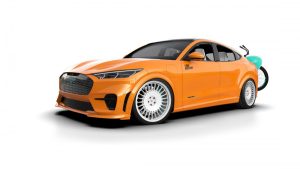

What car(s) do you drive, and why?
2015 Lincoln Continental: It is the first car I ever fell in love with. The styling is very sophisticated, particularly the way the door handle is hidden in the window frame. And it’s not just beautiful. When I drive it, I feel like I am riding on a cloud.
2021 Ford Bronco Outerbanks: When I drove it home for the first time this summer, I instantly became the coolest mom on the block and the best wife in the world. Truth is, I rarely get to drive it as my husband or daughters always claim first dibs. When I do drive it, I love to have the top-down and the music up. It just makes me happy.
Stay tuned for the next instalment of The Auto Philes, when we’ll look at some of the exciting new electric vehicles coming to market this year, and in the near future.[/vc_column_text][/vc_column][/vc_row]


